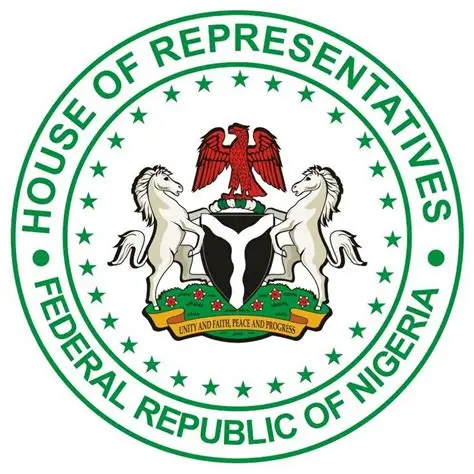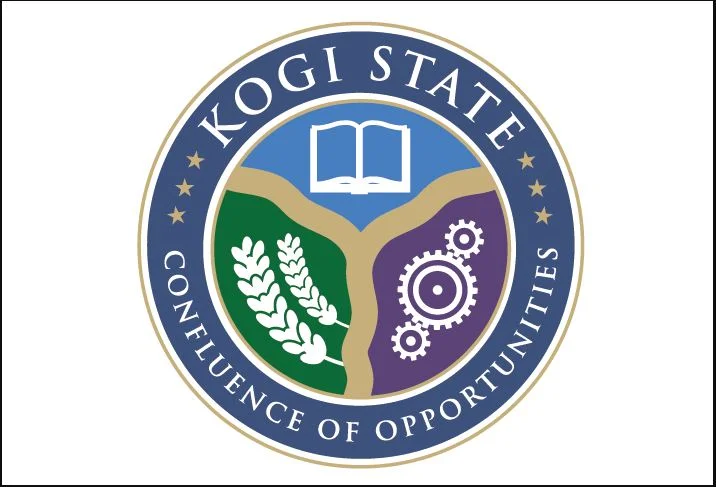Reps restate commitment to optimising sustainable immunisation financing
By Ikenna Osuoha
The House of Representatives has restated its commitment to optimisation of sustainable immunisation financing model in Nigeria.
The Chairman, House Committee on Healthcare Services, Rep. Amos Magaji stated this at a multi-stakeholder’ technical workshop on optimisation of sustainable immunisation financing model in Nigeria, in Abuja on Tuesday.
Magaji said that the financing model in the country was crucial for maintaining high immunisation coverage and preventing outbreak of vaccine-preventable diseases, especially as donor-funding had declined.
“Indeed, optimising a Sustainable Immunisation Financing model in Nigeria is crucial for maintaining high immunisation coverage and preventing outbreaks of vaccine-preventable diseases, especially as donor funding declines.
“Laudably, Section 5(I)(i) of the National Health Act of 2014 provides that children from zero to five years old and pregnant women are immunised with vaccines against infectious diseases,” he said.
According to him, the legislative provision underscores the need for proactive measures to ensure that vaccine-preventable diseases do not become the bane of a decent society.
The lawmaker expressed regret over what he called the under-funding of the immunisation financing model in the country, saying that domestic allocation to the health sector was inadequate, without donor financing.
“Whilst this poses a threat to a healthy society and the goal for universal health coverage, it is Important to highlight some of the key challenges,” he said.
He identified the country’s heavy reliance on external donors over the years as one of the challenges, saying that it had created a culture of neglect for immunization.
Magaji, however, called for government’s increase domestic budgetary allocation to immunisation through the Basic Health Care Provision Fund (BHCPF) as well as private sector and innovative financing.
He further stated that optimising sustainable immunisation financing in the country would require a multi-sectoral, multi-level approach combining public investment, private sector innovation, community involvement and legal safeguards.
The lawmaker said that the transition from donor-dependency to sustainable domestic financing must be guided by evidence, accountability and inclusive planning.
“This can only be achieved starting with workshops and conversations such as this,” he said.
Also speaking, the Chairman, Senate Committee on Health, Sen. Ipalibo Harry, said it was unacceptable for Nigeria to be in the list of countries with the highest burden of low immunisation of children under five years.
Harry called for collaboration of all stakeholders to find ways of addressing the burden of low immunisation in the country.
She commended the House of Representatives committee on healthcare for the workshop which, she said, was timely.
In her remarks, Special Adviser to the President on Health, Dr Salma Anas, reaffirmed President Bola Tinubu’s commitment to achieving universal health coverage.
Anas said that the workshop was in line with Tinubu’s vision of leaving no one behind, especially children and women in immunisation administration.
The Deputy Chairman, Senate Committee on Primary Healthcare and Communicable Diseases, Sen. Tony Nwoye, called on all Nigerians to see immunisation as a first-line charge.
Nwoye, who described immunisation as the beginning of a journey toward a robust and resilient healthcare system, said it remained one of the most cost-effective and life-saving interventions.
The senator commended the government for the progress made in reducing the burden of vaccine preventable diseases in the country, saying, however, that the progress was being threatened by over-dependence on external funding sources.
He, therefore, advocated for building a domestic sustainable financing framework to guarantee uninterrupted access to vaccine and immunisation services across the country.
Earlier, the Chief Executive Officer, Vaccine Network for Disease Control (VNDC), Mrs Chika Offor said only predictable and sustained funding would reduce the number of zero-dose children.
Offor expressed satisfaction with the commitment of all stakeholders to immunization administration as their first- line charge.
“What it translates immediately is that we are now going to have fundings.
“As I am talking to you now, there is a diphtheria outbreak, and it will continue that way because the vaccines are not available,” she said. (NAN)
Edited by ‘Wale Sadeeq





